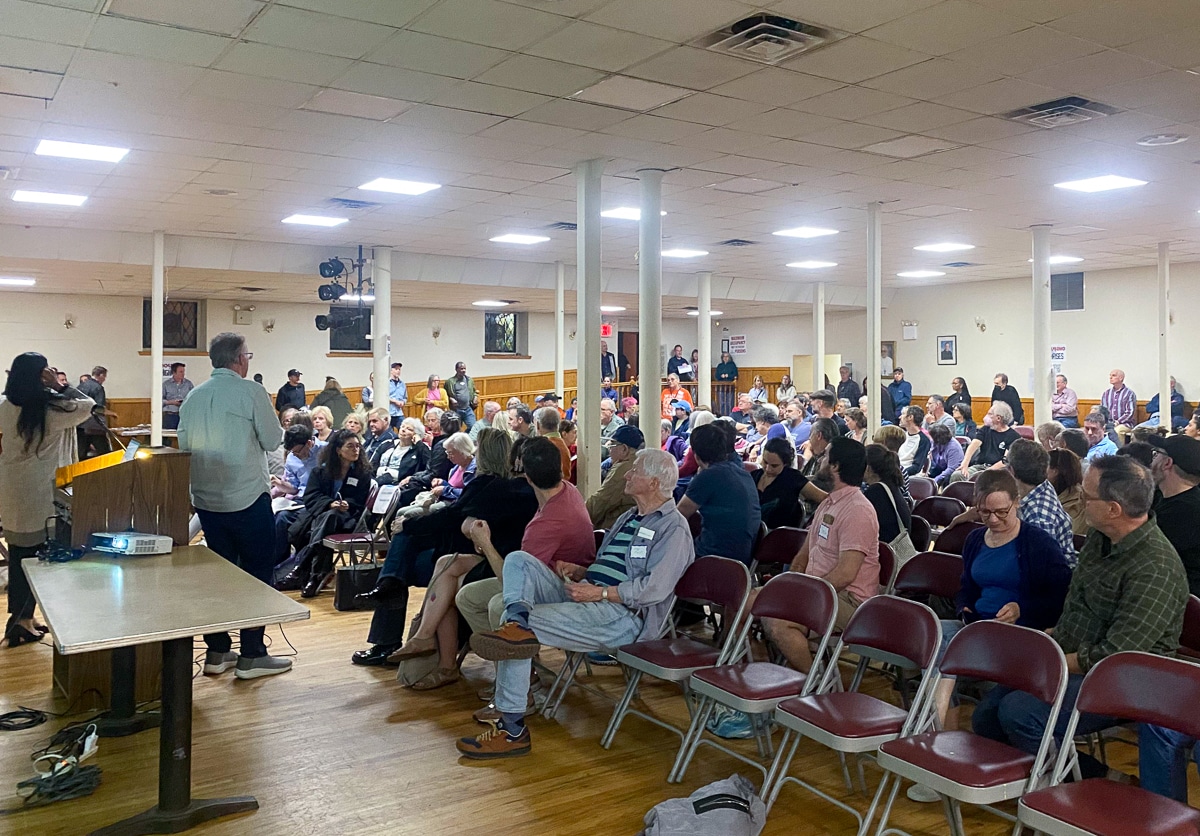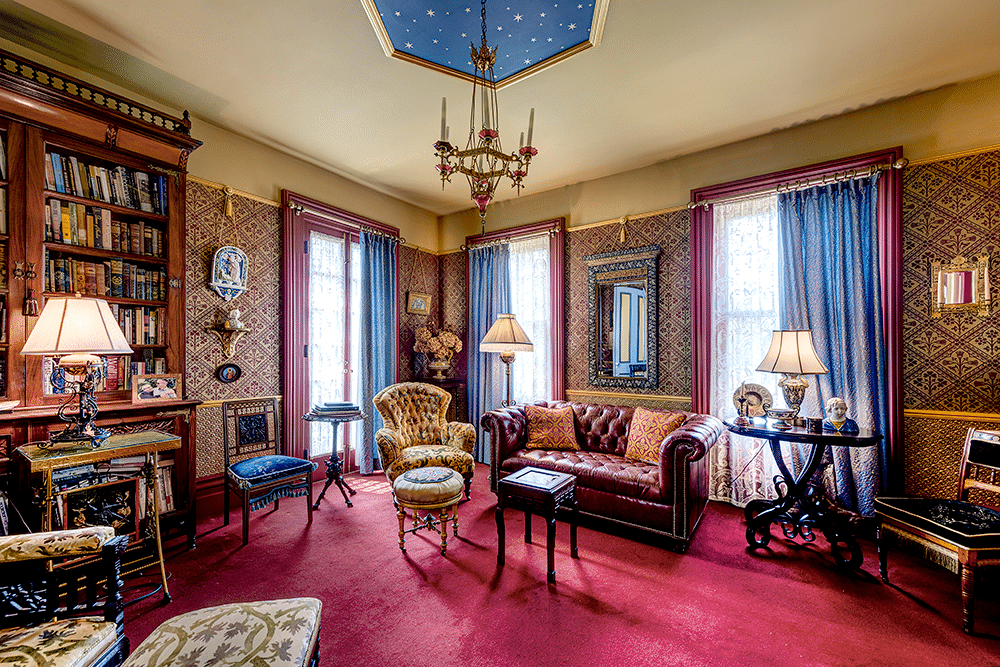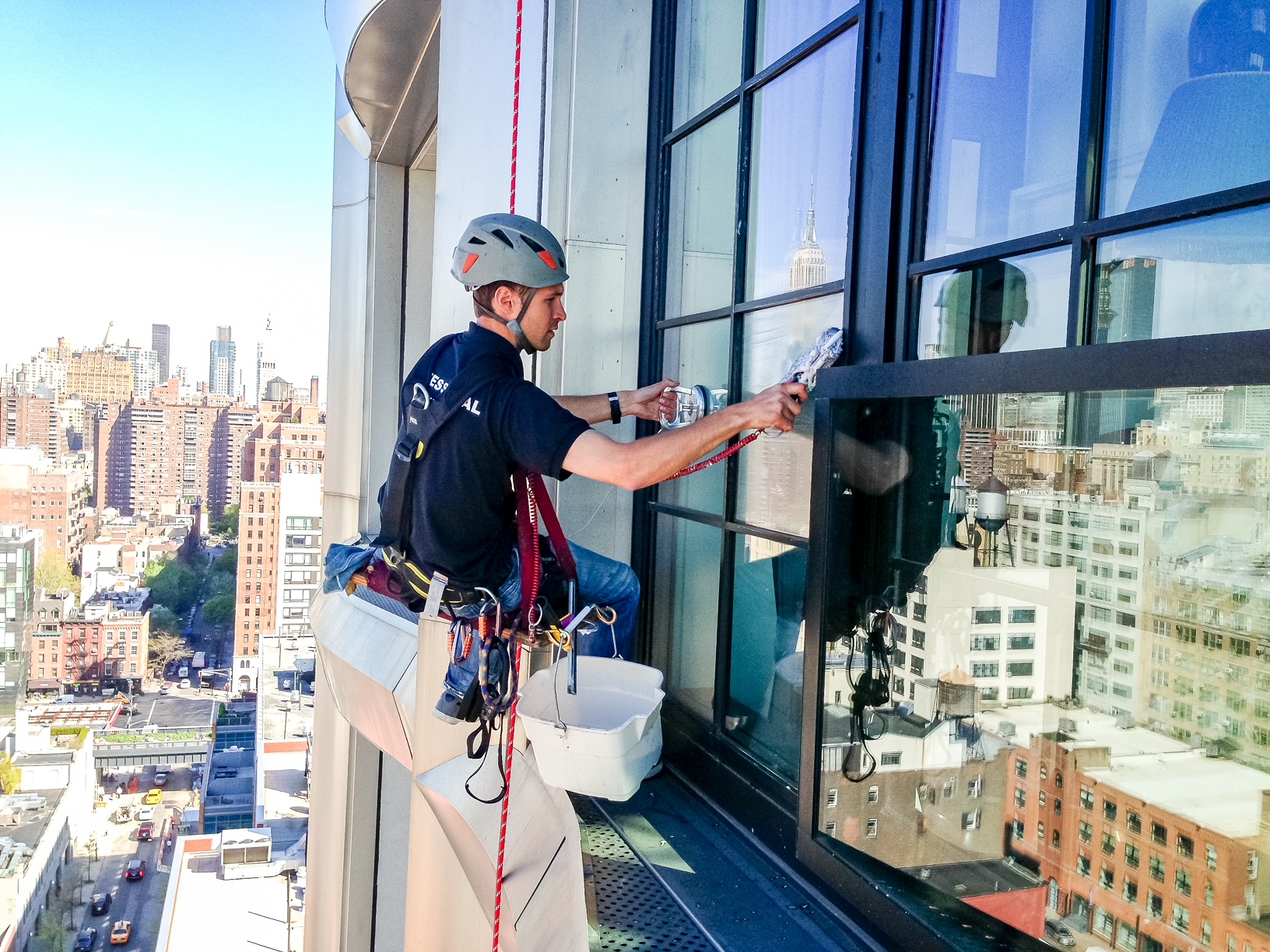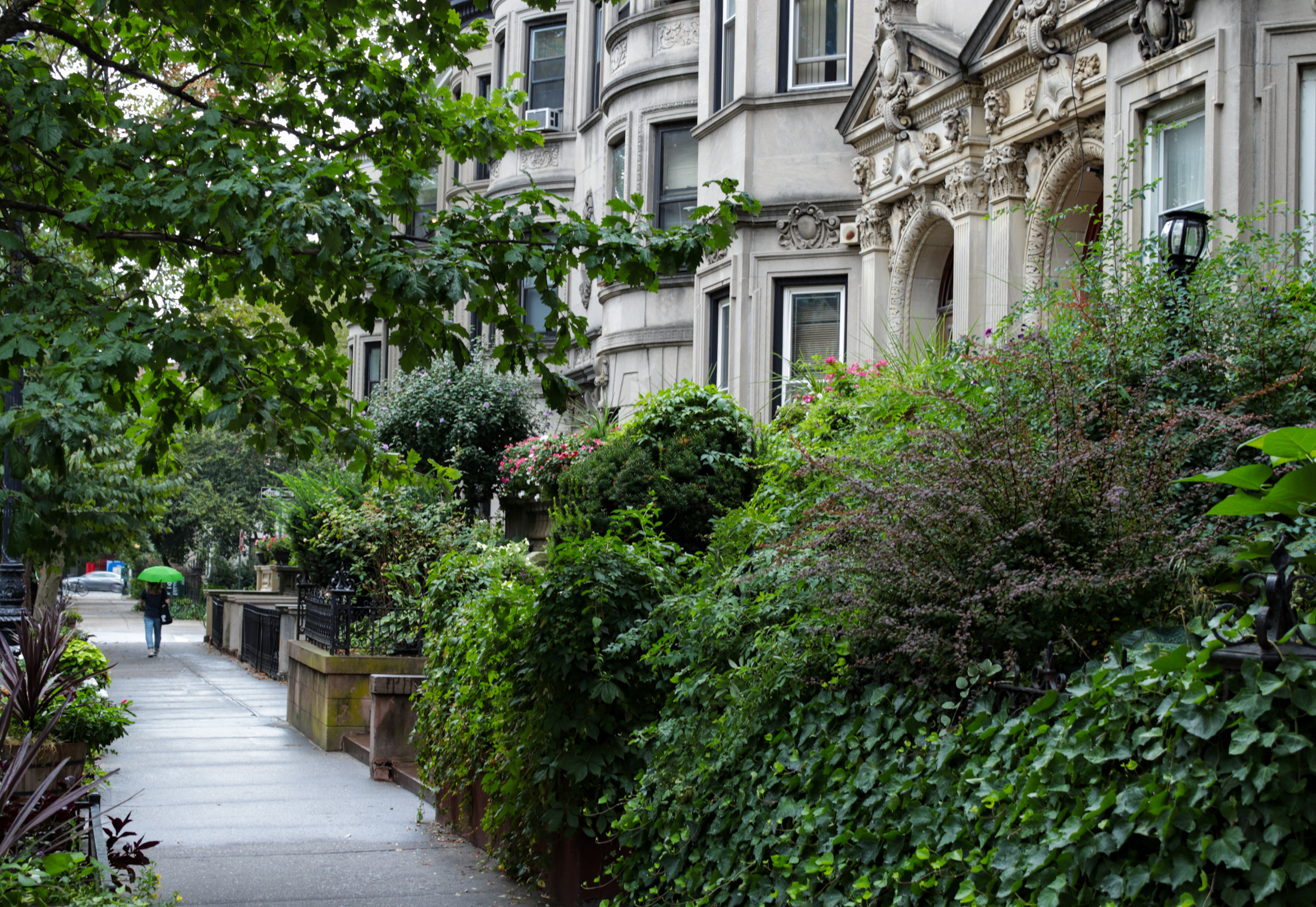Life in Pelham -- "Where New York City Meets Westchester"
With the soaring prices of Brooklyn real estate, Brooklyn families who need more space may find themselves looking for a great new undiscovered area to settle down, hopefully for the long-term. For those who have vowed never to move to the “suburbs,” Brooklynites are finding that an often overlooked town at the edge of the city offers incredible…
With the soaring prices of Brooklyn real estate, Brooklyn families who need more space may find themselves looking for a great new undiscovered area to settle down, hopefully for the long-term. For those who have vowed never to move to the “suburbs,” Brooklynites are finding that an often overlooked town at the edge of the city offers incredible value, a pedestrian-oriented culture, an easier commute, and great public schools.
The Town of Pelham sits right along the New York City border in Westchester County, but Arthur Scinta — the town’s top real estate agent and former mayor — says its residents bristle at being called “the suburbs.”
“Pelham has more in common with Park Slope than it does, say, with Chappaqua,” Scinta says, “which is why we have seen so many of our home buyers coming from Brooklyn.”
Pelham is the smallest town in Westchester, occupying just two square miles, and is also the oldest. It came into being from about 1870 to 1930, in an age before automobiles, and thus the design of the town is amenable to walking.
The MetroNorth train station (built in 1895) is in the center of town, surrounded on three sides by pre-War neighborhoods.
“Most everyone in Pelham walks to the train every day to commute to the city,” says Scinta, who moved to Pelham for this very reason when he and his wife were both attorneys at one of Manhattan’s largest law firms. Unlike much of Westchester, where the train station is usually farthest from the best areas, Pelham neighborhoods close to the station are, according to Scinta.
Ron Czajka, an architect, and his wife Linda moved from Brooklyn to Pelham as newlyweds 17 years ago and restored a classic 1920s “bungalow” in the Pelhamwood neighborhood. They now have teenage children attending Pelham Middle School and High School. Czajka, who chairs the village Architectural Review Board, describes Pelham as “a treasure chest of architectural styles — Victorian, Colonial, Tudor Revival — all exceptionally well preserved that together create distinct and historic neighborhoods, several of which are clustered around the train station.”
The schools in town are also arranged with pedestrians in mind. Four neighborhood elementary schools are equally spaced in the town’s two square miles, so that most children are not more than half a dozen blocks from school. There are no school buses. At the center of the town is Pelham Memorial High School, a magnificent Collegiate Gothic building constructed entirely of stone, with a slate roof built in 1921 and completely renovated and restored in 2009.
The Pelham Middle School, sitting adjacent to it, was built in 2007.
“The quality of the schools is outstanding,” says Scinta. But he is quick to add that “Pelham is about more than just the schools, it is a place of very warm and genuine people who care not just about their own children getting ahead, but the community as a whole. Those same values are reflected by the kids who are a genuinely nice and pretty happy bunch.”
With a population of just 12,000, the devotion of the community to its town is evidenced by the plethora of not-for-profit and civic organizations. Among them are the Pelham Picture House, a restored 1920s movie theater saved from destruction during Scinta’s term as mayor.
“The owners were going to sell it and it was going to be demolished to build a bank,” he said, “but the community went into action, as it always does when something threatens the quality of life here. The money was raised, the theater bought and renovated, and now it’s a fine arts film center that also shows first run movies.”
“With the vision, creative energy and financial support of the area, Pelham’s 1921 movie theater was saved from the wrecking ball to create a unique regional film center with movies, film education programs, and special events,” said executive director Laura deBuys. “Thanks to the art and power of cinema — and the frequent participation of industry insiders — we’re able to engage hearts and minds, inspire creativity and build community.”
The Bartow-Pell Mansion, the site of the original homestead of the Pell Family who founded the town in 1654, is also a hub of community life, having transformed itself from a sleepy museum to a center for yoga classes, concerts on the first Friday evening of every month, book talks by famous local authors, a children’s summer program, and an annual Kentucky Derby party fundraiser.
Ellen Bruzellius, executive director of the museum (also a Pelham resident) adds, “In recent years, we’ve worked hard to become a hub of cultural activities including lectures and author talks, beloved family-friendly events like our Easter egg hunt and a Father’s Day 1864-style demonstration baseball game and fundraisers such as our annual Kentucky Derby Party.”
Pelham also has several churches: Presbyterian, Congregational, two Roman Catholic, and an Episcopal Church that dates from 1842 — the latter with stained glass windows made by William Jay Bolton, who also created the windows for the historic Holy Trinity & St. Ann’s Church in Brooklyn Heights. The town also has a Pelham Jewish Center.
Sports are a big part of life in Pelham.
“Pretty much every sport that a child could want is available in Pelham,” says Scinta, who notes that there were over 1,000 Pelham children enrolled in the town’s recreational soccer program this year. “It is also a big hockey town,” he says, with kids learning to skate as early as age three (as his own children did) at the nearby “Ice Hutch.”
“Our varsity team has made it to the state finals several times in the last few years, which is incredible for such a small town,” he says. Rowing is also a popular sport in Pelham with the recently formed Pelham Community Rowing Association offering rowing classes and competitive racing programs for all ages, including as a varsity sport for the high school.
To provide more insight into Pelham, Scinta has set up a website at PelhamLife.com which he said “provides a glimpse into what the town is like,” though he adds that he finds the best way to understand the town is to take a private tour.
“I am zero-pressure when it comes to selling real estate,” he says, “but I love to give anyone interested a tour to let them see the town through the eyes of someone who has loved living here and is completely devoted to Pelham.”
For more information about Pelham, visit their website and scroll down to see some listings available on the market.

















What's Your Take? Leave a Comment